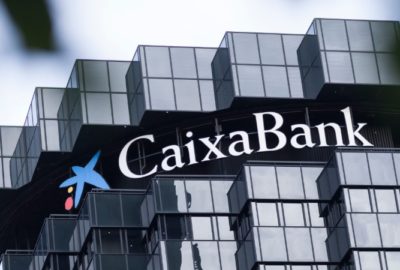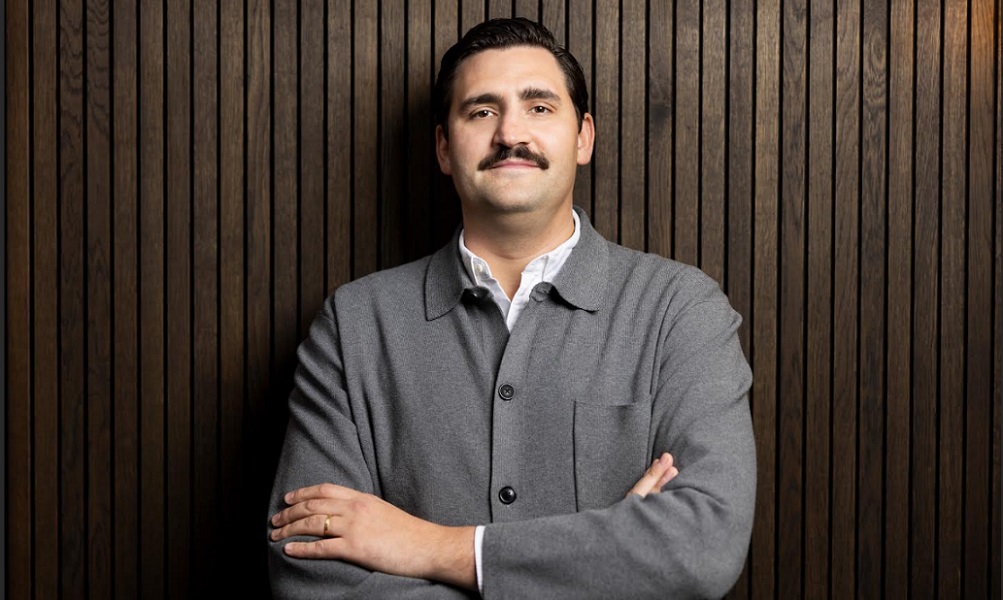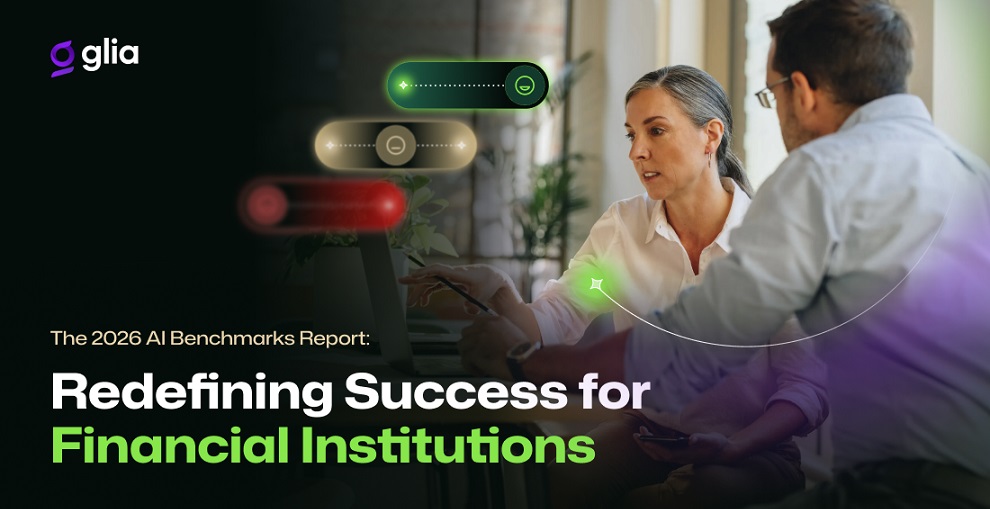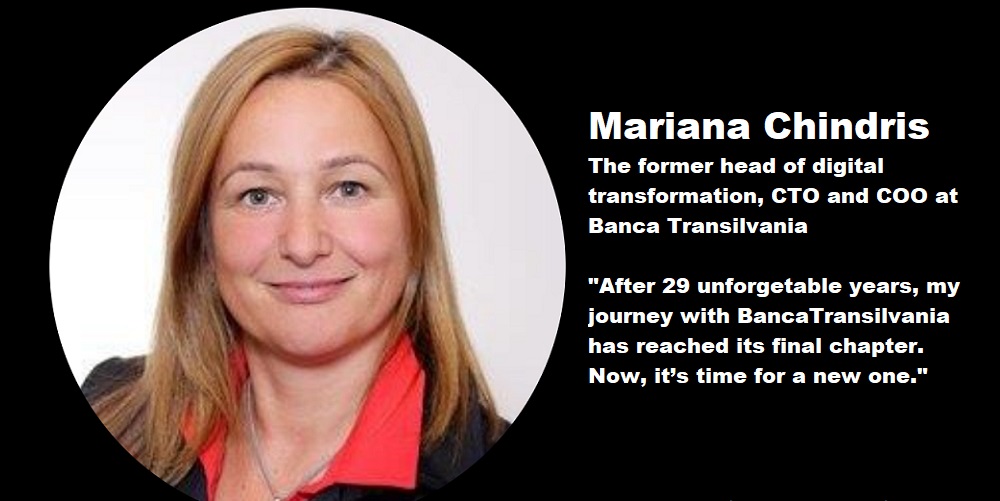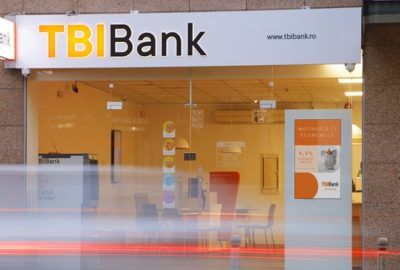Sberbank, the best bank in CEE for innovations in the digital banking according to The Banker, considers introducing stablecoin after new crypto law
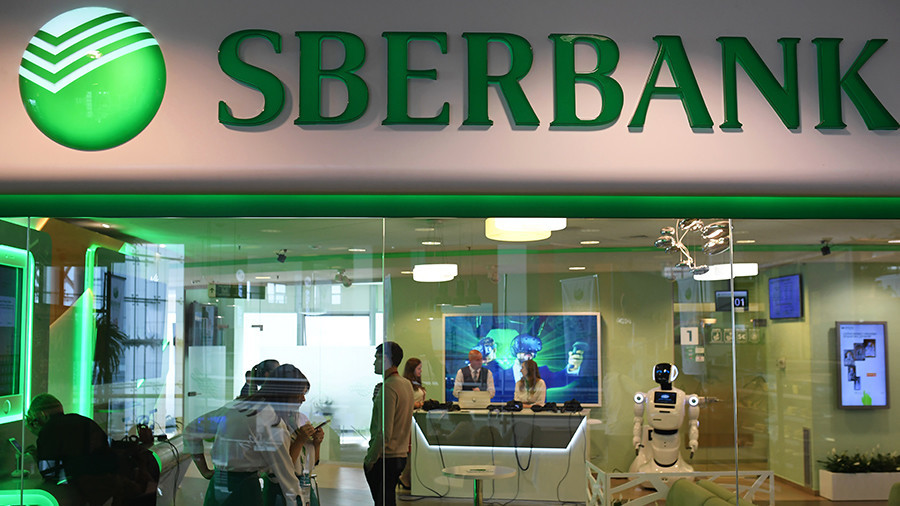
Russia’s largest banking institution, Sberbank, is reportedly looking into whether it should launch its own stablecoin, which are digital currencies that are pegged or backed by real-world assets, major fiat currencies, or commodities such as gold.
Sergey Popov, director of state-owned Sberbank’s transaction business, said that the institution is considering issuing its own stablecoin which might be pegged 1-to-1 to the Russian ruble.
If launched, the bank’s stablecoin would comply with Russia’s recently introduced cryptocurrency law, according to local news outlet Kommersant. The stablecoin, which is still under consideration, might be used for settlements that involve other digital or virtual financial assets.
Popov said that Sberbank could issue the state-backed stablecoin in accordance with the nation’s new cryptocurrency law, known as “On Digital Financial Assets” (DFA).
Popov remarked: “We probably may issue a stablecoin on the basis of the law that has been adopted recently. As we can peg this stablecoin to the ruble, this token could become a basis or an instrument for settlements involving other digital financial assets.”
On July 31, 2020, Russian president, Vladimir Putin, signed the nation’s DFA bill into law. The bill prohibits the country’s residents from conducting transactions with Bitcoin (BTC) and other cryptocurrencies.
As reported, the new law will become effective from January 1, 2021. The DFA was first proposed back in 2018. The new legislation will legalize crypto-to-crypto trading platforms, and will also permit purchasing and selling cryptos. People will also be able to use cryptos for loans.
The new legal framework for digital assets aims to differentiate between digital securities and digital currencies. The statute, Federal Law No. 259-FZ, is referred to as “On Digital Financial Assets, Digital Currency and Amendments into Certain Statutes of the Russian Federation.”
Crowdfund Insider received a note from the law firm of Buzko Legal, based in Moscow, explaining the new law. Roman Buzko, the Managing Partner of the firm, says the issuance, record-keeping, promotion, and exchange of digital financial assets (or DFAs) is regulated in a very detailed manner.
In brief, while digital currencies are not considered legal tender they are treated as property and will be regulated separately. The law states that cryptocurrency may not be utilized as payment for goods and services – even while issuance and trading will be allowed.
The regulation of digital financial assets are more akin to what you would expect with securities. “DFA” are not necessarily issued nor exchanged via distributed ledgers, explains Buzko.
Issuing platforms must adhere to a regulatory framework and comply with record-keeping requirements as well as AML/KYC rules.
Sberbank recognized best bank in Central and Eastern Europe for innovations in digital banking in 2020
The British magazine The Banker, part of Financial Times Group, has recognized Sberbank as the best bank in Central and Eastern Europe for innovations in the digital banking, according to a press release. The bank received the prestigious award for its three projects such as biometric scanners in ATMs, BRIS Utilities Billing Platform, Algorithmic Orders in the Sberbank Markets E-Commerce System.
Sberbank is actively introducing biometric scanners in its ATMs, a technology that enables customers to use self-service devices to make payments and transfer money, withdraw and deposit cash without a card, smartphone or any document. Sberbank became the first lending organization in Russia that introduced such a solution in its ATMs. You should turn on the biometrics in a convenient way, for example, via Sberbank Online, using an ATM or at the bank’s branch, then choose the Biometric Service option and follow the instructions to use this option. You can’t fool the algorithm by putting on a theatrical makeup or using a photo, it identifies customers even if they have a new haircut, a makeup on or a beard.
BRIS Utilities Billing Platform enables customers to calculate charges for utilities, generate bills for customers, including in electronic form, automate the process of processing payments and further settlements with contractors. In addition to innovations in the business processes, BRIS Utilities Billing Platform enables utility companies to optimize costs of IT services and infrastructure thanks to the cloud-based (SaaS) technology. As a result, the payments speed up, and the transparency of communication between residents, management companies and utility service providers increases. The platform is integrated in the Government Information System on Housing and Public Utilities (GIS HPU), complies with Russian public utility legislation and is compatible with Sberbank modern payment services.
Robotic algorithms — algorithmic orders — are available for customers of the Sberbank Markets platform to make FX transactions. Such orders help to enhance automation of control and transparency of the FX position sizing. The platform supports trade transactions with main world currencies and emerging market currencies, FX transactions with a valuation date today, tomorrow and the day after tomorrow, swap transactions for a period of up to two years, deliverable and non-deliverable forwards and alignment of rates on deposit opening and minimum balance for a period of up to three years. The minimum FX transaction amount is not limited.
Dariusz Mazurkiewicz – CEO at BLIK Polish Payment Standard
Banking 4.0 – „how was the experience for you”
„To be honest I think that Sinaia, your conference, is much better then Davos.”
Many more interesting quotes in the video below:
